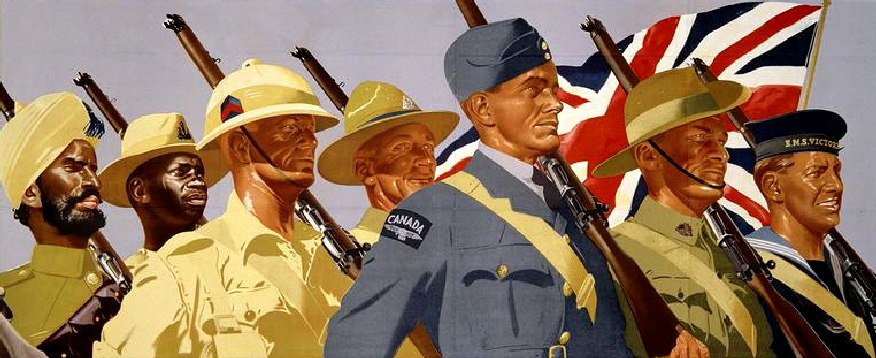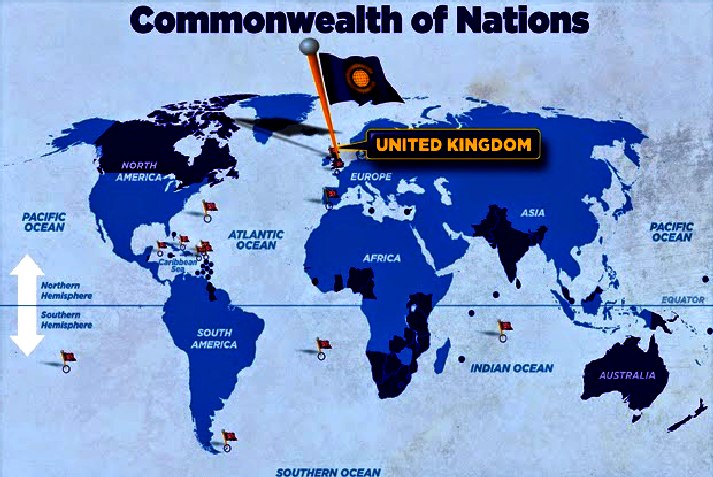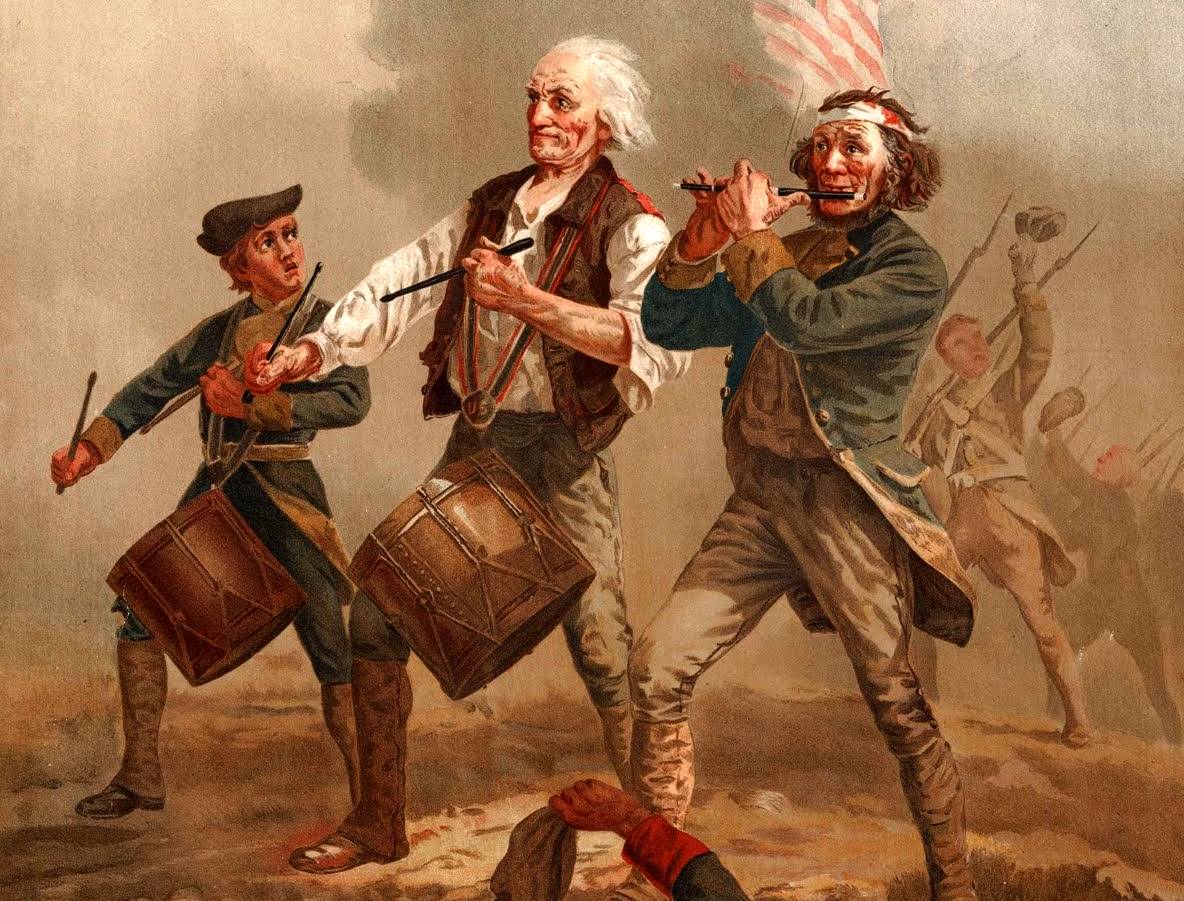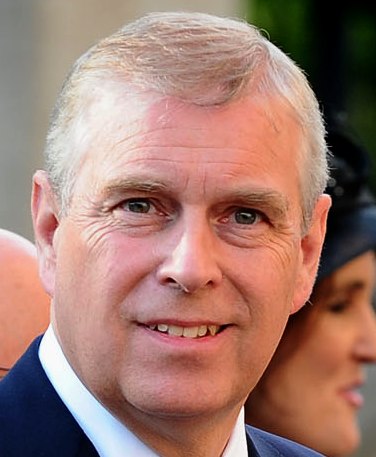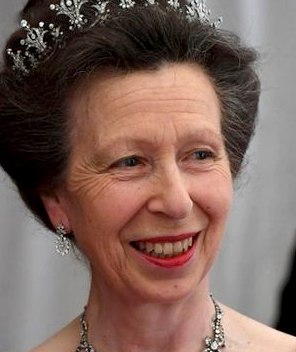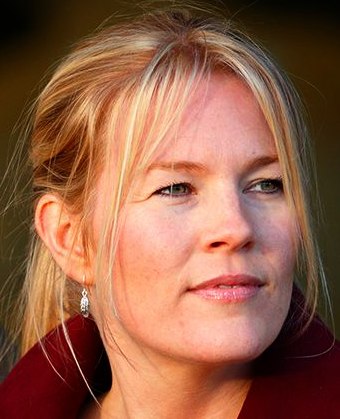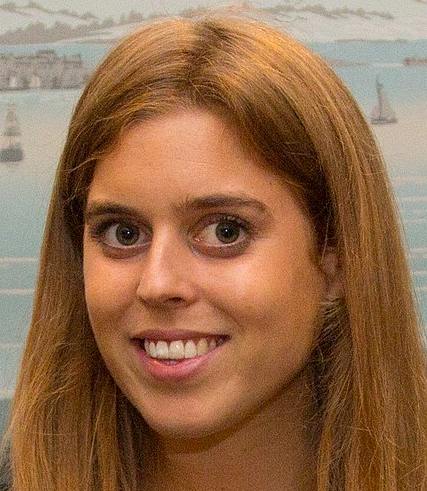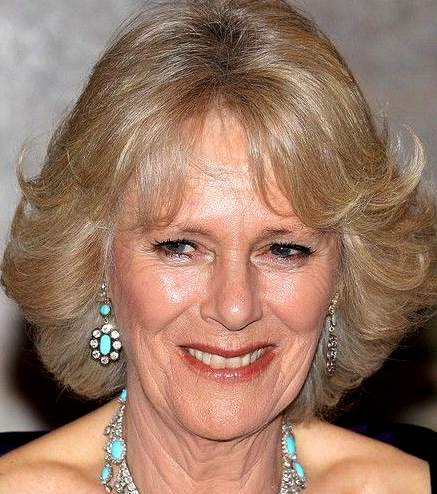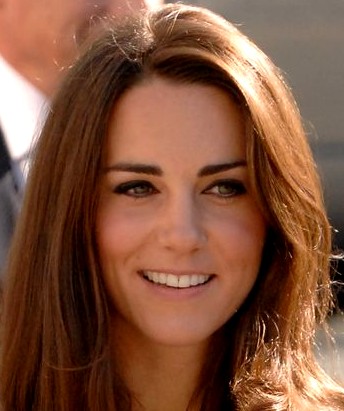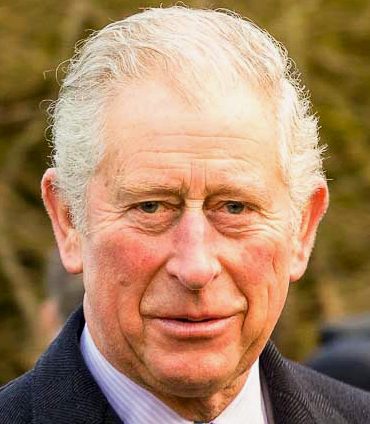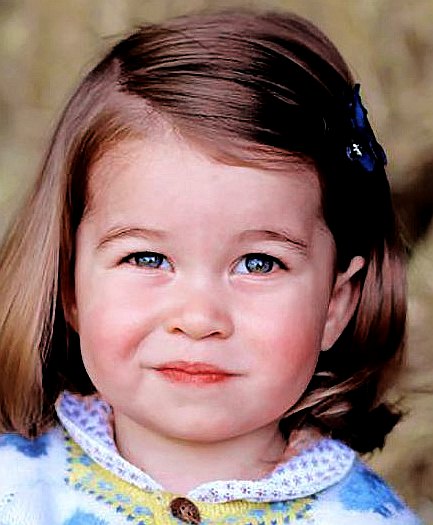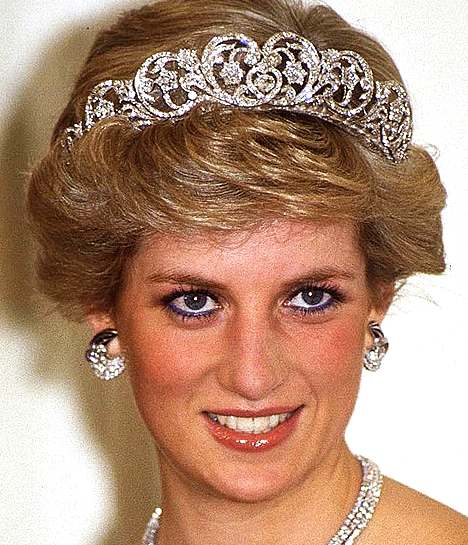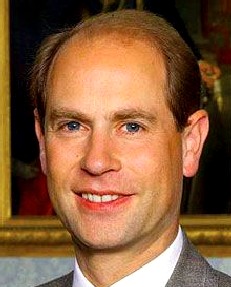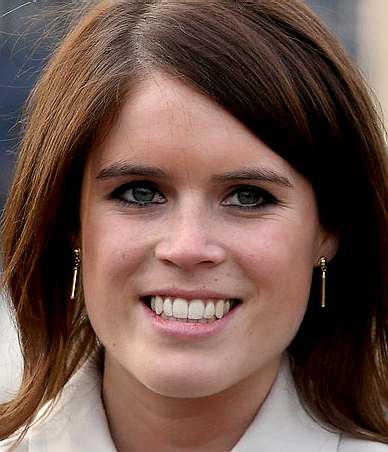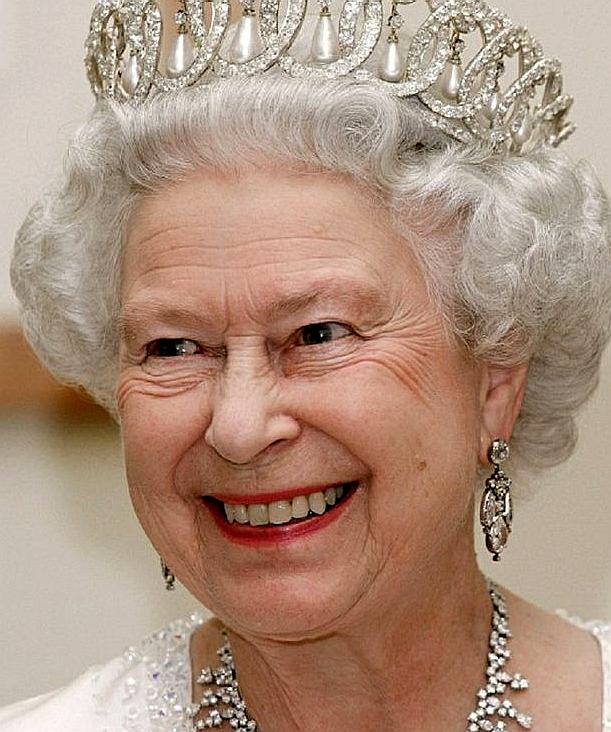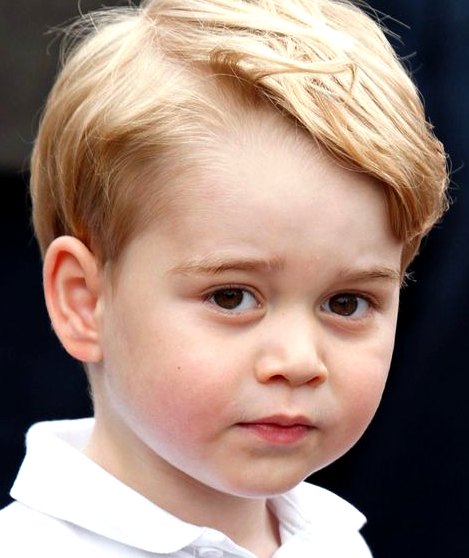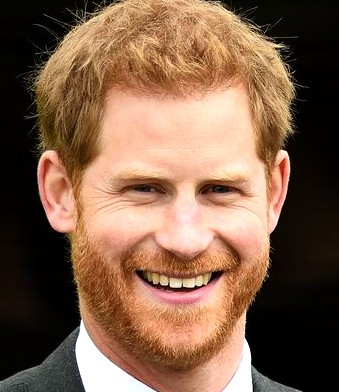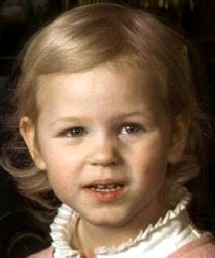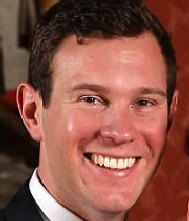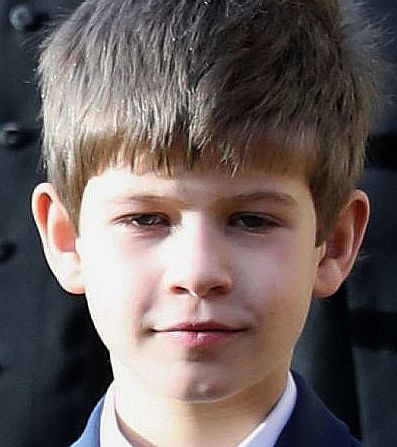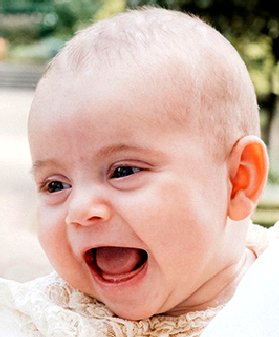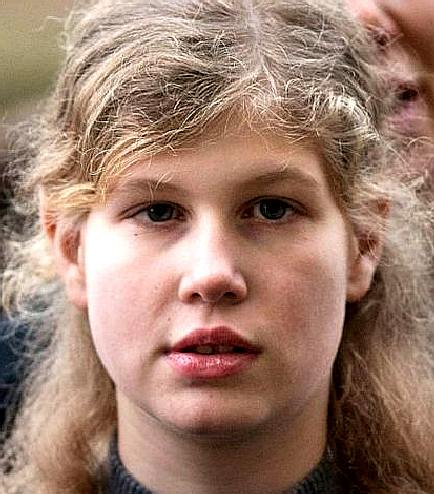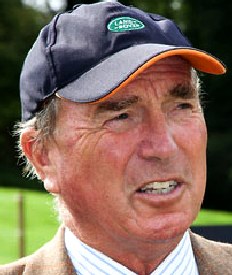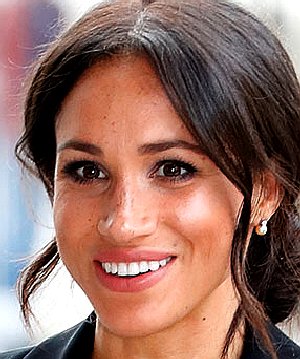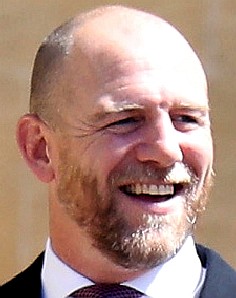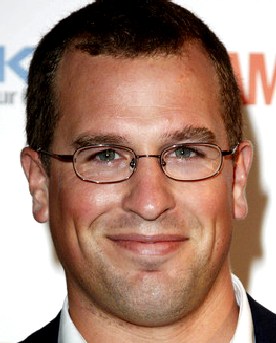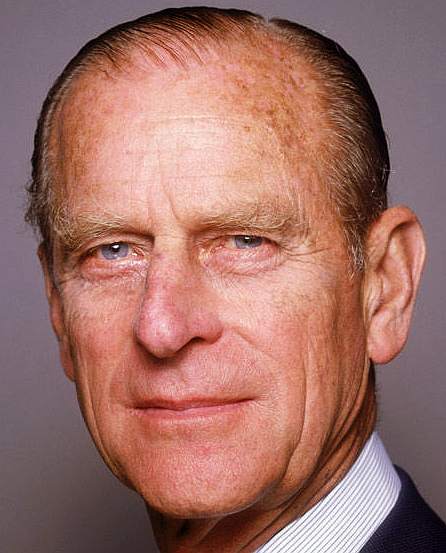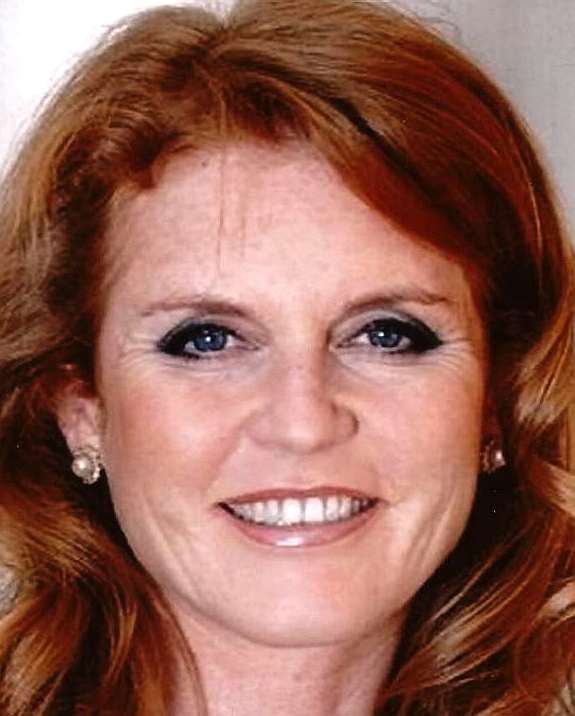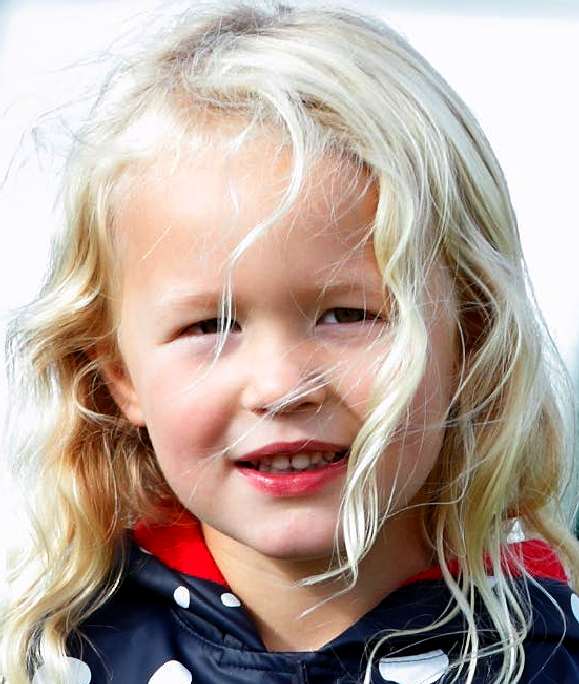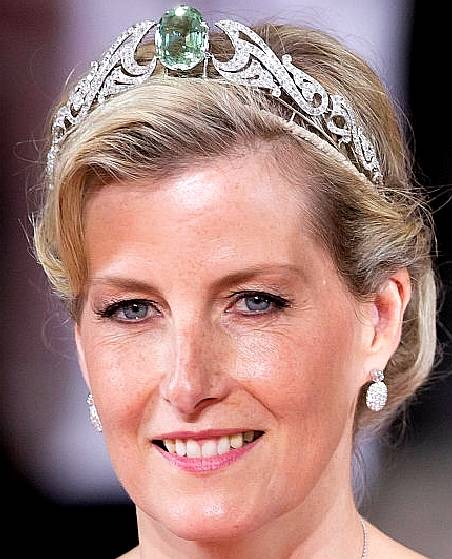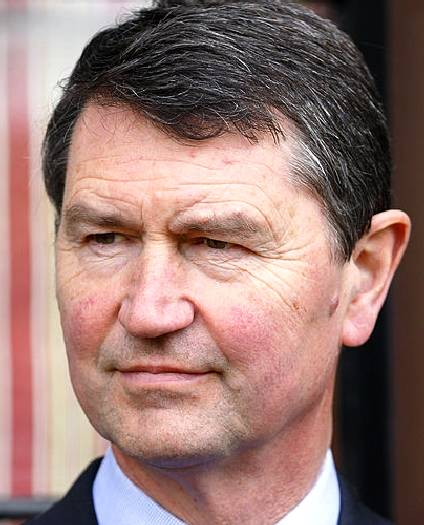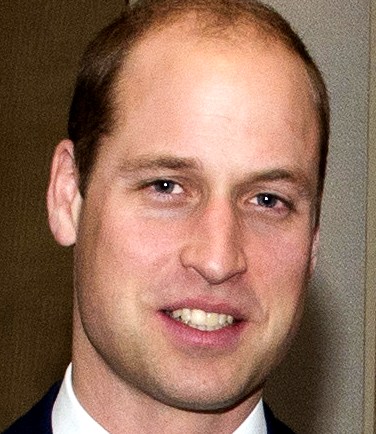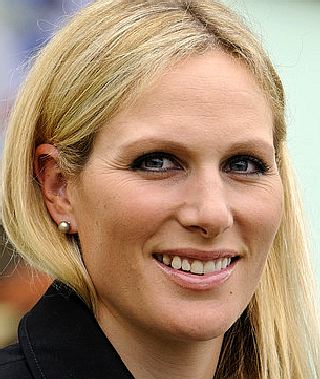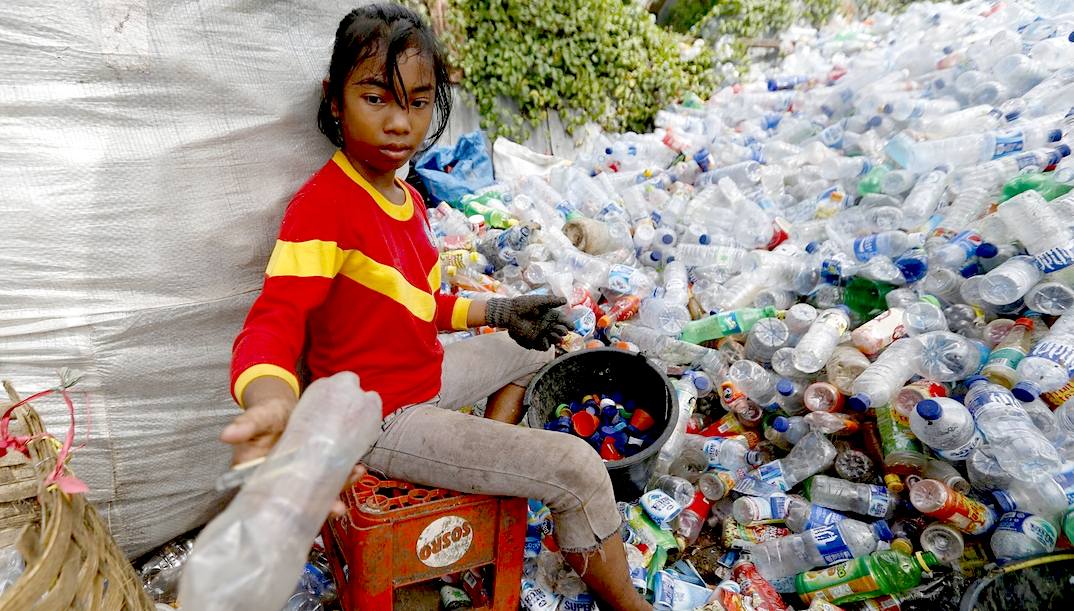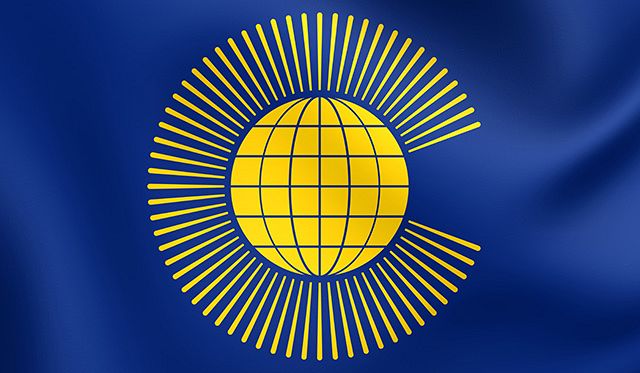|
ROYAL FAMILY
THE COMMONWEALTH - Cooperation between nations is symbolized by this picture of fighting men of the members.
The Commonwealth of Nations, normally known as the Commonwealth, is an intergovernmental organisation of 53 member states that are mostly former territories of the
British
Empire. The chief institutions of the organisation are the Commonwealth Secretariat, which focuses on intergovernmental aspects, and the Commonwealth Foundation, which focuses on non-governmental relations between member states.
Member states have no legal obligations to one another. Instead, they are united by language, history, culture and their shared values of democracy, human rights and the rule of law. These values are enshrined in the Commonwealth Charter and promoted by the quadrennial Commonwealth Games.
The countries of the Commonwealth cover more than 29,958,050 km2 (11,566,870 sq mi), equivalent to 20% of the world's land area and spans all six inhabited continents.
The Commonwealth comprises 53 countries, across all continents. The members have a combined population of 2.3 billion people, almost a third of the world population, of which 1.26 billion live in India and 94% live in Asia and Africa combined. After India, the next-largest Commonwealth countries by population are Pakistan (180 million), Nigeria (170 million), Bangladesh (156 million), the United Kingdom (65 million), South Africa (55 million) Canada (36 million), Ghana (27 million) and Australia (24 million). Tuvalu is the smallest member, with about 10,000 people.
The land area of the Commonwealth nations is about 31,500,000 km2 (12,200,000 sq mi), or about 21% of the total world land area. The three largest Commonwealth nations by area are Canada at 9,984,670 km2 (3,855,100 sq mi), Australia at 7,617,930 km2 (2,941,300 sq mi), and India at 3,287,263 km2 (1,269,219 sq mi). In 2016, the Commonwealth members had a combined gross domestic product of over $9 trillion, 78% of which is accounted for by the four largest economies: United Kingdom ($2.629 trillion), India ($2.256 trillion), Canada ($1.529 trillion), and Australia ($1.258 trillion).
The Commonwealth's objectives were first outlined in the 1971 Singapore Declaration, which committed the Commonwealth to the institution of world peace; promotion of representative democracy and individual liberty; the pursuit of equality and opposition to racism; the fight against poverty, ignorance, and disease; and free trade. To these were added opposition to discrimination on the basis of gender by the Lusaka Declaration of 1979, and environmental sustainability by the Langkawi Declaration of 1989. These objectives were reinforced by the Harare Declaration in 1991.
The Commonwealth's current highest-priority aims are on the promotion of democracy and development, as outlined in the 2003 Aso Rock Declaration, which built on those in Singapore and Harare and clarified their terms of reference, stating, "We are committed to democracy, good governance, human rights, gender equality, and a more equitable sharing of the benefits of globalisation." The Commonwealth website lists its areas of work as: democracy, economics, education, gender, governance, human rights, law, small states, sport, sustainability, and youth.
Through a separate voluntary fund, Commonwealth governments support the Commonwealth Youth Programme, a division of the Secretariat with offices in Gulu (Uganda), Lusaka (Zambia), Chandigarh (India), Georgetown (Guyana) and Honiara (Solomon Islands).
INDEPENDENCE - The United States Declaration of Independence is the statement adopted by the Second Continental Congress meeting at the Pennsylvania State House (now known as Independence Hall) in Philadelphia, Pennsylvania on July 4, 1776. The Declaration announced that the Thirteen Colonies at war with the Kingdom of Great Britain would regard themselves as thirteen independent sovereign states, no longer under British rule. With the Declaration, these new states took a collective first step toward forming the United States of America. The declaration was signed by representatives from New Hampshire, Massachusetts Bay, Rhode Island, Connecticut, New York, New Jersey, Pennsylvania, Maryland, Delaware, Virginia, North Carolina, South Carolina, and Georgia.
Due to their shared constitutional histories, several countries in the Commonwealth have similar legal and political systems. The Commonwealth requires its members to be functioning democracies that respect human rights and the rule of law. Most Commonwealth countries have the bicameral Westminster system of parliamentary democracy. The Commonwealth Parliamentary Association facilitates co-operation between legislatures across the Commonwealth, and the Commonwealth Local Government Forum promotes good governance amongst local government officials. Most Commonwealth members use common law, modelled on English law. The Judicial Committee of the Privy Council is the supreme court of 14 Commonwealth members.
ABOUT
THE BRITISH ROYAL FAMILY
Like any other, Royal family sees births, marriages and deaths, slowly carrying forward new outlooks to adapt to a changing world. We hope eventually, that new blood will bring with it the will to mould the United Kingdom into a bastion sustainable development and strength that is a prerequisite for understanding and working to alleviate food shortages and disease, while providing affordable homes and energy for all.
We hope that as we lead by example world rulers from around the globe will join in the spirit of cooperation and work towards a truly circular economy, world peace and prosperity for all.
ROYALS GALLERY 2018
RECYCLING - Of international concern, especially relevant to the Commonwealth, representing such a vast area and population, is the scourge of plastic. These PET drink bottles can be recycled, but this means an effective way of collecting and processing them.
LINKS & REFERENCE
https://
|
||||||||||||||||||||||||||||||||
|
This webpage is copyright © Cleaner Oceans Club Ltd (Company No: 4674774) November 2018, Solar Studios, BN271RF, United Kingdom. The name Miss Ocean™ is a trademark of the Cleaner Oceans Club™.
|
